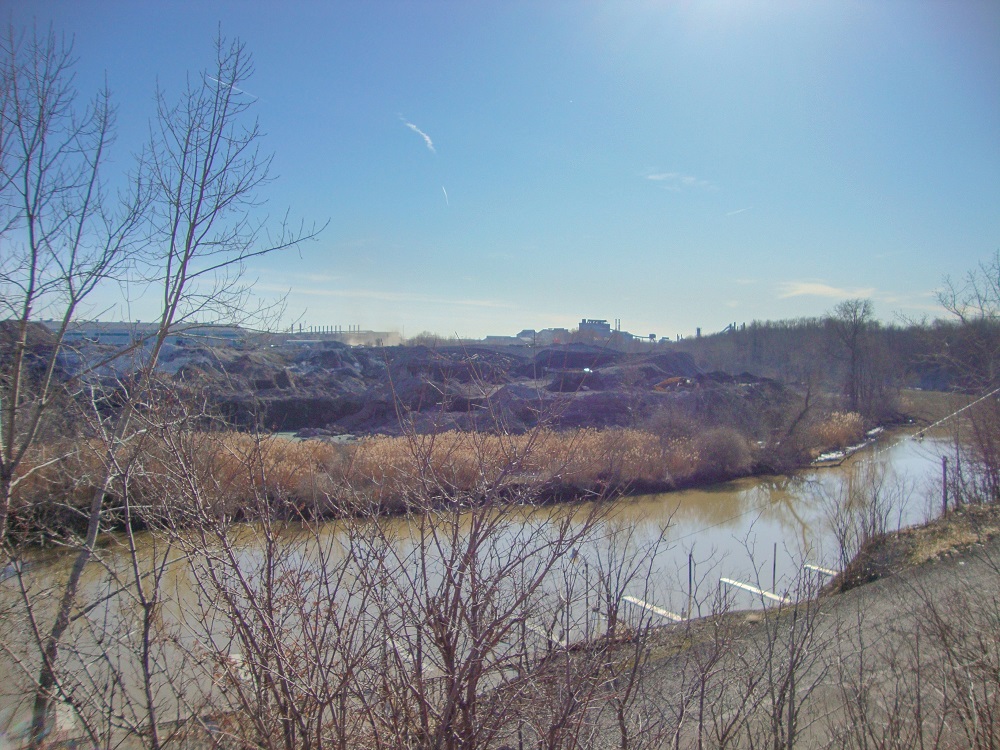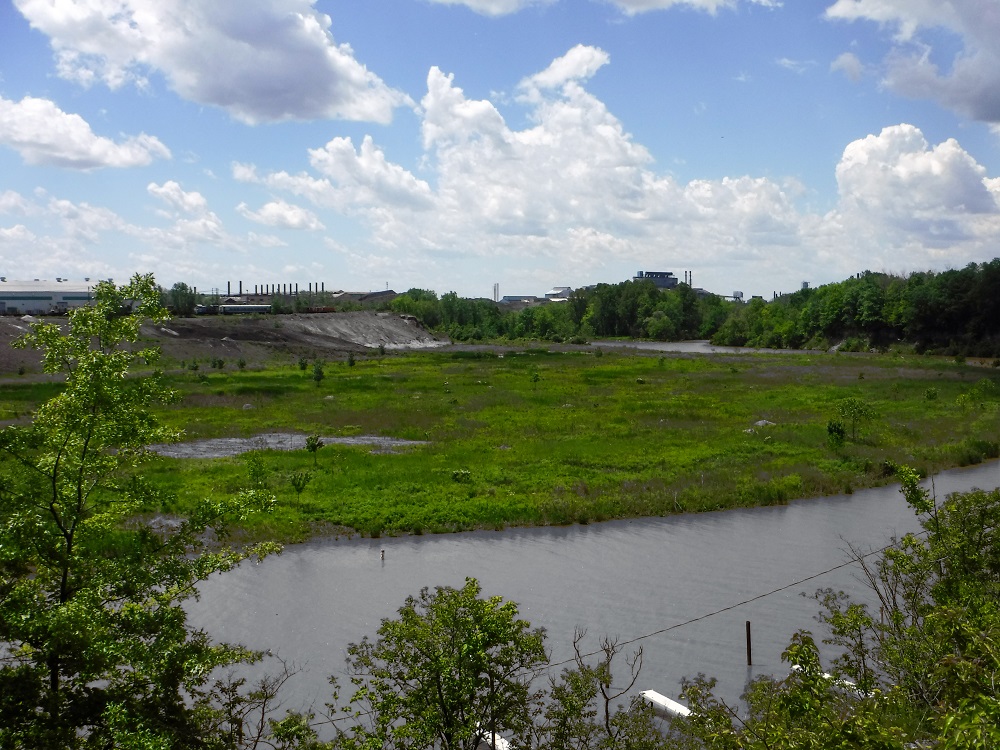The Black River Restoration Project


Historic industrial operations along the Black River in Lorain, Ohio have negatively impacted the ecological health of the lower Black River through loss of floodplain, riparian corridor, and fish habitat. The City of Lorain is conducting a large-scale, multi-phased ecological restoration effort funded by several grant sources.
For one of the first projects, over $6,000,000 of ARRA funds were secured to complete ecological restoration along a 1.5-mile long reach of the Black River in Lorain, Ohio. Coldwater partnered with the City of Lorain and Arcadis to complete construction administration and oversight, grant administration, biological monitoring, and permit compliance for this large river and floodplain restoration project. The long-term operation of nearby steel mills and other industry in the area resulted in the loss of active floodplain, riparian corridor, and fish habitat along this reach of the Black River. The primary component of this project was the removal of over 1,000,000 cubic yards of recyclable steel processing byproducts (e.g., slag) from an area that was historically active floodplain. This area was returned to its natural elevation and re-vegetated, resulting in the restoration of over 20 acres of active floodplain habitat and alleviating down-stream flooding. The majority of the restored floodplain has since developed into seasonally flooded wetlands with shallow pools.
The project restored and preserved over 52 acres of floodplain and riparian corridor, including an existing heron rookery. Additionally, over 600 linear feet of fish habitat shelves were installed, providing structure and diversity in an otherwise habitat-poor stretch of the river. Phragmites australis, an invasive plant species, was controlled in the project area in accordance with a long-term management plan that was developed specifically for this project. Over 1,800 trees, 5,500 shrubs, and 7,300 willow and dogwood live stakes were installed, along with native seed mixes and erosion control blankets.
Planning
Stream Restoration
Wetland Restoration
Biological Assessments
Construction Management
Environmental Permitting
Vegetation Management
Grant Administration
Public Outreach
Native Planting Plans
Invasive Species Control
Monitoring